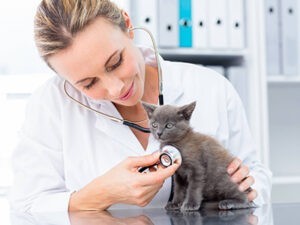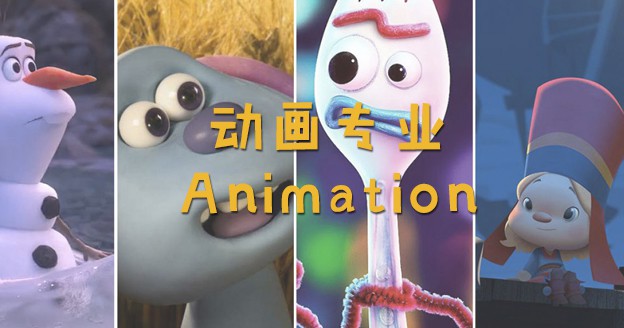【Introduction】Veterinary assistants, pet groomers, pet breeders, etc. are enviable occupations which allow you to work with pets. These are all inseparable from the knowledge and skills of the animal care major. So, which schools in Canada offer this major? What are the professional skills taught in this major? How are the employment prospects and salaries? How do netizens and UtoCanada view this major? Let’s take a look!
Introduction to the Canadian Animal Care Major
Animal care includes pet wellness, management, grooming and health care, etc. Students will learn about pet feeding and disease prevention, daily health care and handling of pets, grooming of pets, nursing procedures, clinical procedures, post-operative care and rehabilitation care of injured pets.
Graduates can work as veterinary assistants to treat and diagnose animal diseases alongside veterinarians, veterinary technicians, or caregivers to provide customers with care and treatment advice. This major has many job opportunities in pet hospitals, educational institutions, zoos, research laboratories and other fields. The animal care program in Canadian colleges provides students with the skills needed to succeed in this career.
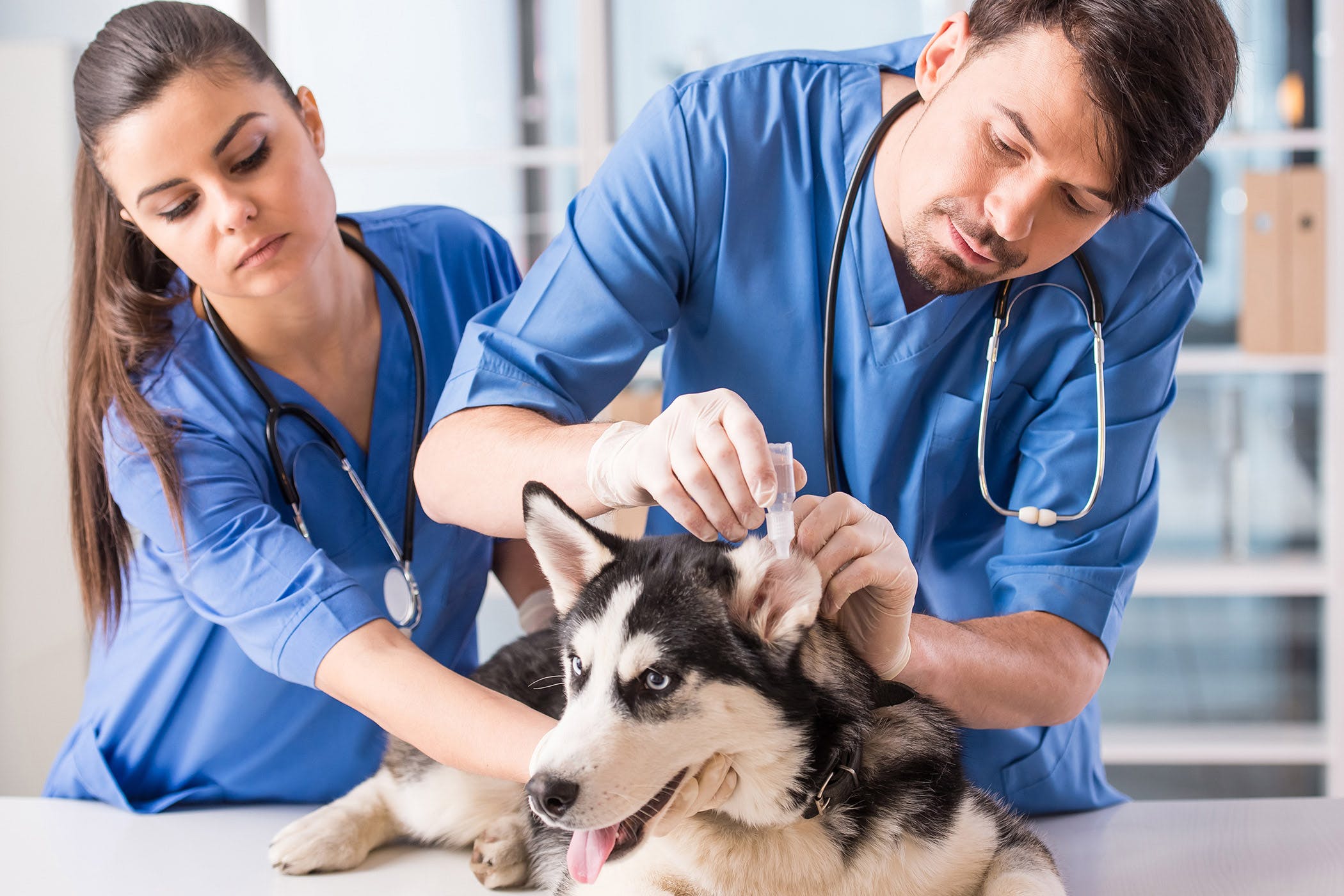
Management related articles:
- Rankings of Events Planning and Exhibition Management Programs and Employment Prospects in Canada | How are the jobs?
- Canadian Rankings of Hotel Management Programs and Employment Prospects | How are the jobs??
- Rankings of Canadian Management Programs and Employment Prospects | What are the jobs like??
- Rankings of Fashion Management Programs and Employment Prospects in Canada | How are the jobs?
- Rankings of Golf and Club Management Programs and Employment Prospects in Canada | How are the jobs?
- Rankings of Culinary Management Programs and Employment Prospects in Canada | How are the jobs?
What knowledge and skills do students learn in the Canadian animal care major?
These programs provide students with professional skills and knowledge, a chance to work in internship positions, which makes them ready for a career in related industries. The colleges offering this program are accredited by the Canadian Veterinary Medical Association, the Ontario Association of Veterinary Technicians, and HUMANE CANADA. Graduates can register to be a member of the Ontario Association of Veterinary Technicians and the Canadian Association for Laboratory Animal Science.
Generally speaking, students in the animal care major can choose professional courses in two directions:
- Veterinary assistant direction. The veterinary assistant is a one-year certificate course about basic animal care, grooming, laboratory work and documentation. Graduates will serve as veterinary assistants.
- Veterinary technician direction. This is usually a two- to three-year college diploma course that focuses on nutrition, pharmacology, parasitology, and advanced clinical practices to help prepare students to assist veterinarians. Graduates of this program are eligible to take the registered veterinary technician exam.
- In addition to professional training, these two types of programs will also focus on surgical preparation and assistance, basic veterinary management and business skills, animal behavior, and ethics. Similar programs include animal care.
Employment prospects of Canadian animal care graduates
In Canada, the pet industry is quite developed. Veterinarians and pet care workers have special trainings, a clear division of labour, complete certifications, and specialized equipment. The pet industry gains hundreds of millions of dollars in revenue each year and is a pillar of the tertiary industry. Many types of organizations have positions in this industry, including veterinary internships and research institutes, animal hospitals, zoos, pet groomers, etc. Graduates can be referred to as veterinary assistants, veterinary technicians, etc. Although the salary varies by position and experience, the average starting annual salary for veterinary technicians and veterinary assistants is between $26,000 and $30,000 USD. The average annual salary of an experienced professional is about $35,000, up to a maximum of $45,000.
In China, pet care workers currently have the following professional titles in the division of labour: pet care consultant, pet trainer, pet nutrition lecturer, pet parasite control worker, pet disease prevention consultant, animal massage therapists, veterinary caregiver, post-surgical caregiver, etc. At present, there are more than 100 colleges and universities in China with related curriculums. Generally, the relevant majors are animal science and animal medicine.
Students' fields of work include hospitals, research institutes, wildlife service agencies, government agencies, industry sales, etc.
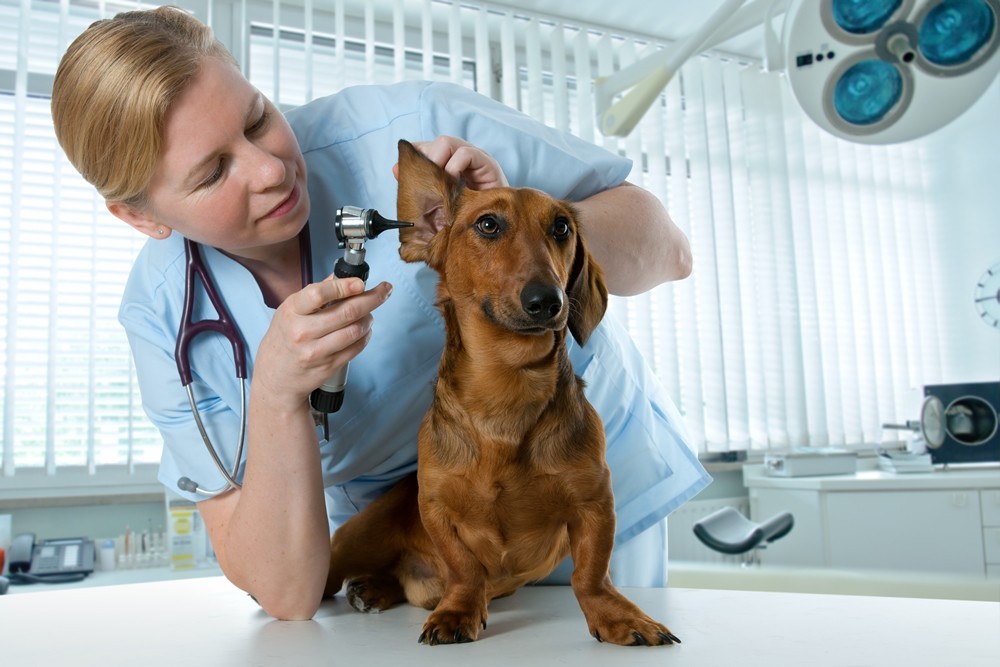
》Job description of veterinary technician
According to the PayScale description,,
The veterinary technician is responsible for charting medical data such as the animal's weight, eating habits, symptoms, or any other concerns the owner may have. The information taken by the technician is given to the veterinarian to help them effectively make a diagnosis. The veterinarian technician also helps keep the animal calm while it is being examined by the vet and secure the animal while the veterinarian administers any shots or other required treatments. The veterinarian technician also handles laboratory and diagnostic testing such as urine, stool, and blood samples; they also may administer certain medicines and explain their uses, benefits, and potential side effects to owners. Other veterinary technician duties include prepping the animal for surgery, taking x-rays, inserting an IV, administering anesthesia, assisting in surgeries, and monitoring animals' post-surgical recovery. They also keep owners informed of how the procedure went and how their animal did during and after their procedure. They must be empathetic and able to listen to pet owners' concerns and questions.
Veterinary technicians may work in a private clinic or animal hospital, but they also work in environments such as research laboratories, zoos, and animal rescues or shelters. Most veterinary technicians work full time, and it’s possible that their schedules could be irregular depending on the clinic; some veterinary clinics are open evenings and weekends, and some are even open 24 hours a day. An associate’s degree typically is required for a veterinary technician.
Specifically, the duties of veterinary technicians include:
- Care for animals, including monitoring their behavior, administering medications or vaccines and first aid.
- Conduct diagnostic tests, prepare medications, and log all activities.
- Collect samples and perform laboratory tests to detect pathogens, illness, or disease.
》 Salary for animal care graduates: The decisive factors & annual income
According to PayScale statistics,in Canada, the average annual salary of veterinary technicians is $39,432 CAD, the lower-end salary is at $27,255, and the higher-end at $48,252.

The best schools for animal care in Canada
Algonquin College
Colleges provides a two-year college diploma program to prepare students for the veterinary technician career. Students can work with highly certified professionals in the school's veterinary medical institutions and cooperative institutions in the local community. This challenging and rewarding program provides students with high-quality academic and practical experience and provides a solid foundation for graduates who enter various career paths in the exciting veterinary technology profession.
St. Lawrence College
The school's three-year college diploma program has earned a good reputation nationwide, and aims to train outstanding graduates who can easily integrate into the biomedical research environment or veterinary clinic. Graduates are eligible to be registered by the Canadian Association for Laboratory Animal Science and qualified to be a member of the Ontario Association of Veterinary Technicians. Compared with other Ontario colleges, their graduates generally achieve high marks in the Veterinary Technician National Examination.
Shirdan College
Sheridan’s excellent quality of education provides students with guaranteed employment. Students learn from professors who are Registered Veterinary Technicians (RVT) or Doctor of Veterinary Medicine (DVM), and learn through long-term internship practices in veterinary clinics or hospitals. The program is certified by the Ontario Association of Veterinary Technicians (OAVT) and supervised by the Canadian Council on Animal Care (CCAC). After graduation, students will be eligible to take the Veterinary Technician National Examination (VTNE).
Georgian College
This major provides students with the skills, knowledge and attitude required to become a pet care team. Students will explore various activities carried out in animal shelters, biomedical facilities, zoos or wildlife facilities. Through classroom theories and simulations, combined with actual clinical experience in local facilities, students learn to care for and handle animals, understand the basic principles of normal and abnormal life processes, and perform routine laboratory and clinical procedures.
Seneca College
The college offers a two-year college diploma program certified by the Ontario Association of Veterinary Technicians. Students will acquire the knowledge and skills to assist and support veterinarians, public health officials and biomedical research scientists. Prepare for your future career by studying nutrition, clinical pathology, microbiology, radiology, anatomy, physiology, and genetics.
St. Clair College
The school’s two-year college diploma program is accredited by the Canadian Veterinary Medical Association. Its teaching hospital is certified by the Ontario Veterinary College, and its facilities and animal uses are approved by the HUMANE CANADA. Students will gain work experience in the second and fourth semesters. Graduates are eligible to take the Veterinary Technician National Examination (VTNE) and are eligible to register with the Ontario Association of Veterinary Technicians.
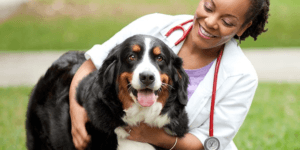
Click here to see updates.
Summary: UtoCanada’s views on the animal care major
There is a fast pace of life and a lot of work pressure in our modern daily lives, and studies have shown that keeping pets can help reduce our stress, and can alleviate or treat psychological and emotional problems. The popular trend of keeping pets drive the development of the pet healthcare industry. The industry demands for a large number of knowledgeable, skilled veterinary nurses. In Canada, there is a great demand for professionals in this industry.
Caring for all kinds of cute little animals may seem like an easy job, but in fact it is quite a challenge. Students are required not only to have academic knowledge in mathematics, science, zoology, and medicine, but also to have excellent communication and interpersonal skills, and the ability to establish professional relationships with colleagues and clients. They require excellent critical thinking skills, excellent communication and Interpersonal skills and ability to establish professional relationships with colleagues and clients. At the same time, they are required to be on call, be flexible with their work shifts, have strong motor skills, and also have excellent physical qualities to cope with prolonged standing and bending down. More importantly, they are responsible for collecting various animal samples to help analyze data and research. If you love small animals and are willing to pay your efforts make a difference in the lives of animals, this major is for you!
Reference article:


